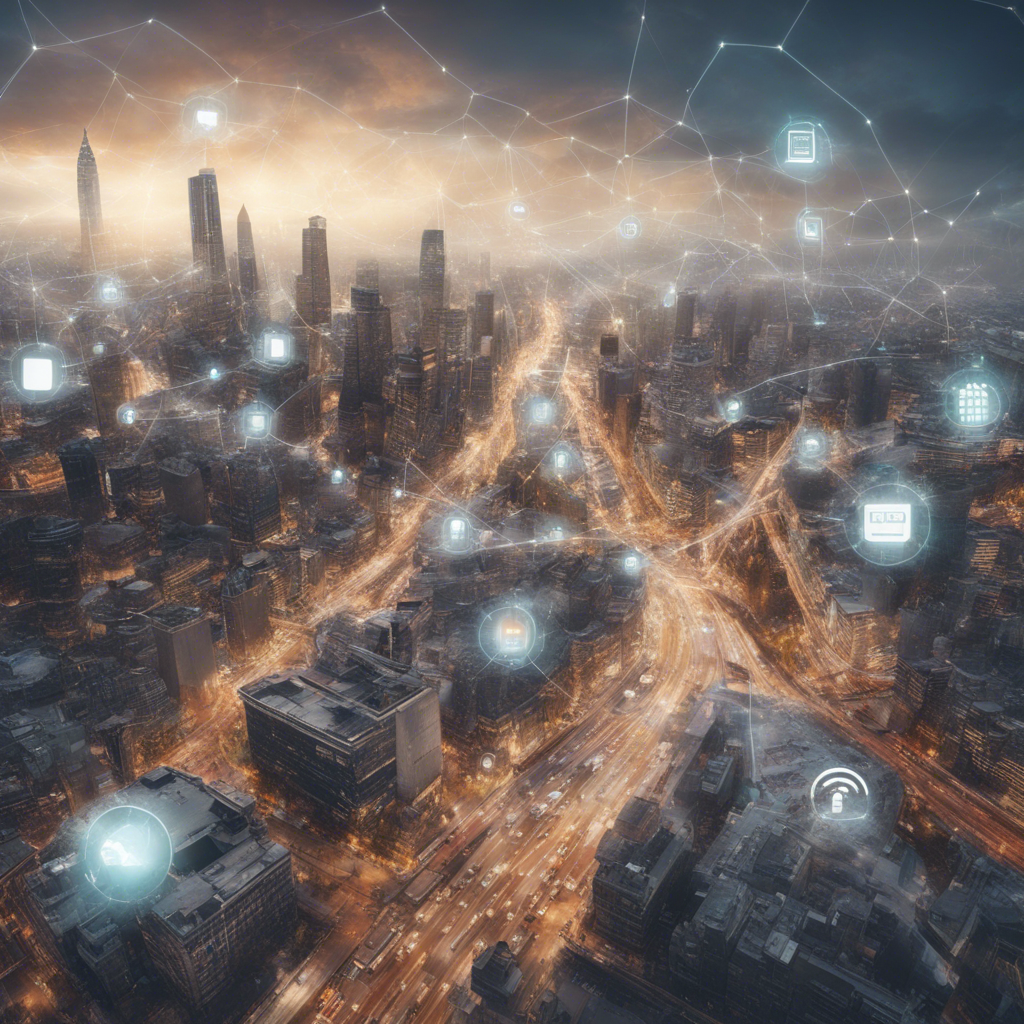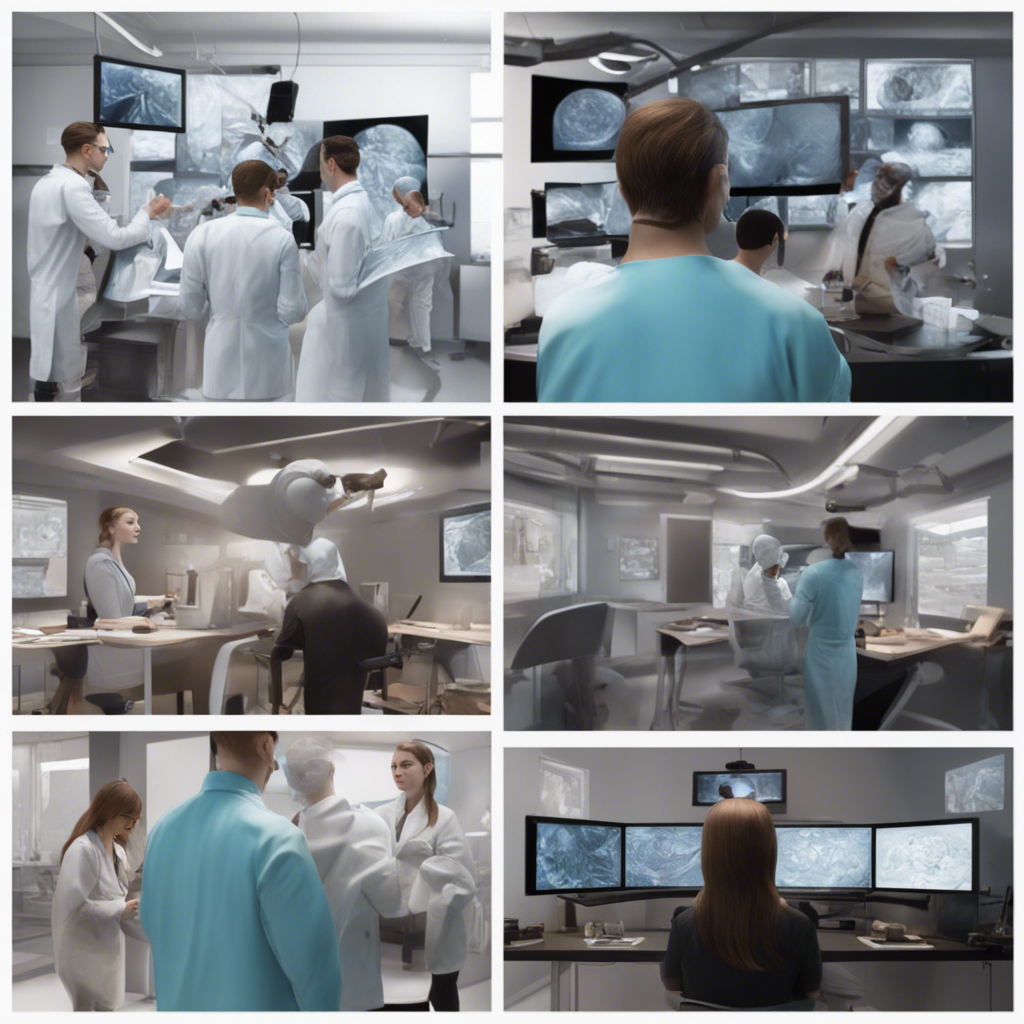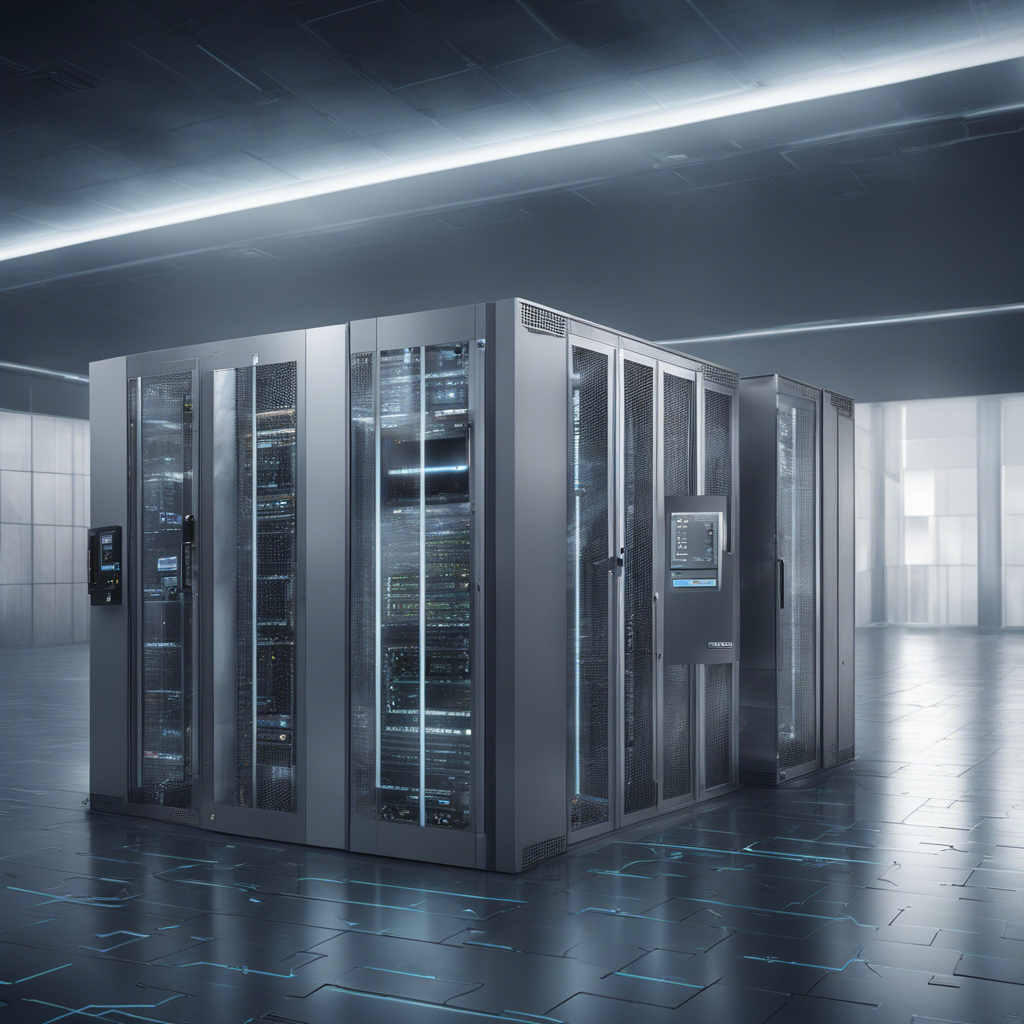
Unlocking the Future of Urban Living: How IoT is Transforming Smart Cities
In our rapidly evolving world, the concept of Smart Cities has emerged as a revolutionary approach to managing urban areas efficiently and effectively. At the heart of this transformation lies the Internet of Things (IoT), a network of interconnected devices and sensors that collect and exchange data to drive intelligent decision-making and enhance the quality of life for residents. In this blog post, we will explore the intersection of IoT and Smart Cities, delving into the technologies, benefits, challenges, and future prospects of this innovative paradigm shift.
Understanding Smart Cities and IoT
Smart Cities leverage IoT technologies to gather real-time data from various sources, including infrastructure, transportation systems, public services, and environmental sensors. By analyzing this data, city planners and administrators can make informed decisions to optimize resource allocation, improve service delivery, and enhance overall urban sustainability. Through a network of interconnected devices and intelligent algorithms, Smart Cities aim to create a seamless and integrated living environment that is responsive to the needs of its inhabitants.
Key Components of Smart Cities:
-
Sensors and Devices: IoT-enabled sensors are deployed across the city to monitor and collect data on various parameters such as air quality, traffic flow, energy consumption, waste management, and more.
-
Network Infrastructure: A robust network infrastructure, including high-speed internet connectivity and communication protocols, enables seamless data transmission and real-time analytics.
-
Data Analytics: Advanced analytics platforms process the vast amounts of data generated by IoT devices to extract meaningful insights, patterns, and trends that drive decision-making.
-
Automation and Control Systems: Smart Cities incorporate automated systems to optimize processes, manage resources efficiently, and respond proactively to changing conditions.
Benefits of Smart Cities Powered by IoT
The integration of IoT technologies in Smart Cities offers a wide array of benefits that can transform urban living and drive sustainable development:
-
Improved Infrastructure Management: Real-time monitoring of infrastructure assets allows for predictive maintenance, reducing downtime and enhancing overall reliability.
-
Enhanced Public Safety: IoT-enabled surveillance systems and emergency response mechanisms help ensure citizen safety and security in urban environments.
-
Efficient Transportation Systems: Smart traffic management solutions based on IoT data help alleviate congestion, reduce travel times, and minimize environmental impact.
-
Sustainable Resource Management: Smart Cities promote sustainable practices by optimizing energy consumption, water usage, waste disposal, and environmental conservation.
-
Citizen Engagement: IoT facilitates seamless interaction between citizens and local authorities, enabling participatory governance and feedback mechanisms for continuous improvement.
Challenges and Considerations
While the potential of IoT-driven Smart Cities is vast, several challenges must be addressed to realize this vision:
-
Data Privacy and Security: The proliferation of IoT devices raises concerns around data privacy, security vulnerabilities, and the risk of cyber-attacks on critical infrastructure.
-
Interoperability and Standards: Ensuring compatibility and seamless integration among diverse IoT technologies and systems is crucial for the scalability and sustainability of Smart City initiatives.
-
Digital Divide: The equitable access to technology and digital literacy among urban populations is essential to prevent marginalization and ensure inclusive growth in Smart Cities.
-
Sustainability and Environmental Impact: Balancing technological advancement with environmental sustainability is a key consideration to mitigate the carbon footprint and ecological impact of IoT deployments.
Future Outlook and Trends
As technology continues to evolve and urbanization accelerates, the convergence of IoT and Smart Cities is poised to shape the future of urban living. Key trends that are likely to define the trajectory of Smart Cities in the coming years include:
-
5G Connectivity: The rollout of high-speed 5G networks will enable faster data transmission, reduced latency, and greater connectivity for IoT devices in urban environments.
-
Edge Computing: Edge computing infrastructure will decentralize data processing and analytics, enabling real-time insights and faster decision-making for Smart City applications.
-
AI and Machine Learning: Advanced AI algorithms will enhance the predictive capabilities of Smart City systems, enabling proactive interventions and personalized services for residents.
-
Blockchain Technology: Blockchain-based solutions will enhance data security, integrity, and transparency in IoT-enabled Smart City ecosystems, fostering trust and accountability.
Conclusion
With a clear vision, strategic planning, and collaborative partnerships, Smart Cities powered by IoT have the potential to revolutionize urban living by enhancing efficiency, sustainability, and quality of life. By addressing the challenges and embracing the opportunities presented by this transformative paradigm, cities can unlock a brighter future for their residents and pave the way for a more connected, resilient, and inclusive society.
References:
- IEEE Smart Cities
- United Nations Department of Economic and Social Affairs
- World Economic Forum - IoT in Smart Cities
- National Institute of Standards and Technology - Smart Cities Framework
Image Source:



